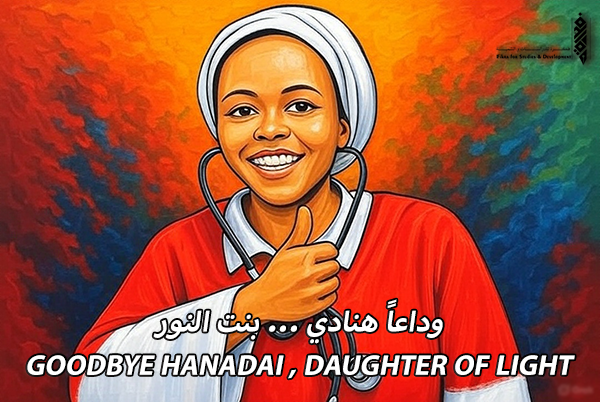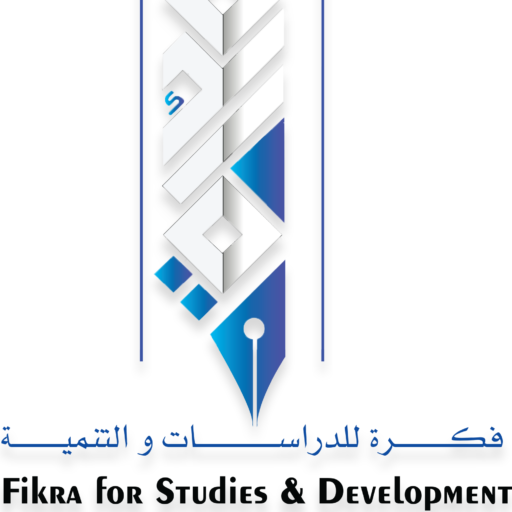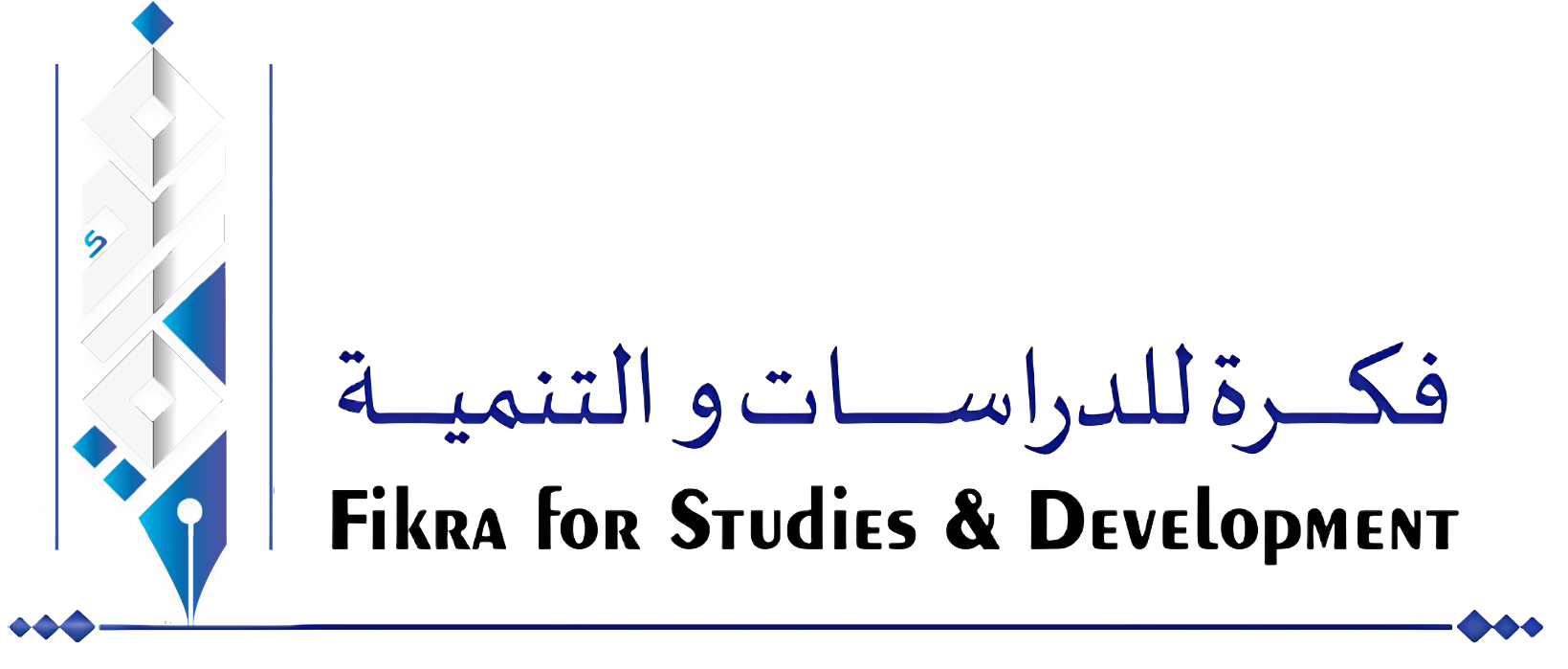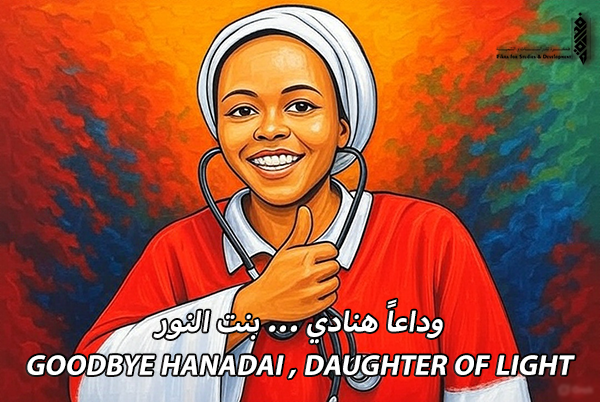The Death of Light: When the World Abandoned Sudan to Genocide for Two Whole Years
The Death of Light: When the World Abandoned Sudan to Genocide for Two Whole Years

Amgad Fareid Eltayeb
A sorrowful voice from the Resistance Committees of North Darfur mourned their comrade, our heroine, Dr. Hanadi Al-Nour, who passed her soul to her Creator after bullets from the Rapid Support Forces militia pierced her tender body during their raid on Zamzam IDPs Camp—located just 15 kilometers from the city of El Fasher, the capital of North Darfur State.
Hanadi, in her early twenties, had recently graduated from medical school just before the war erupted. But she chose to stay with the displaced in Zamzam. She chose to stand firm and serve, rather than seek individual salvation. Hanadi chose to be the “Djamila Bouhired of Sudan,” working among our people who spread their makeshift homes in the displacement camp—treating the wounded, healing the sick, and shielding with her fragile body those crushed by the machinery of war. She offered what she could of her life in sacrifice for the sons and daughters of our people, those whom the RSF had driven from their homes and scattered to the winds.
Hanadi departed this world just two days before the cursed war in Sudan entered its third year—on April 13, 2025—when RSF militias stormed the Zamzam IDPs camp. The camp had withstood a brutal siege for more than a year, imposed by the RSF and later joined by their allies in the so-called “Ta’asis Alliance,” targeting El Fasher and the surrounding camps, including Zamzam and Abu Shouk. That suffocating siege led to an unprecedented humanitarian catastrophe. Famine Level 5 (Catastrophic Level) was declared in Zamzam in August 2024. Reports from international organizations, including Médecins Sans Frontières (MSF), stated that at least one child dies every two hours due to hunger and disease stemming from the severe lack of food and medicine.
Following a string of military defeats suffered by the RSF and the Sudanese army’s success in retaking the capital Khartoum, the militia and its allies escalated their attacks on El Fasher, Zamzam, Abu Shouk, and other areas that had remained resilient outside their control. This escalation led MSF to suspend all its activities in Zamzam on February 24, 2025, citing increased violence and repeated attacks, and out of concern for the safety of its staff. Two days later, on February 26, 2025, the United Nations World Food Programme (WFP) also announced the suspension of its operations in the camp due to the deteriorating security situation and intensifying conflict, evacuating its staff for their safety.
No humanitarian workers remained in Zamzam—which shelters nearly one million displaced civilians driven from their homes by war—except for Relief International and a few steadfast souls, like Hanadi and her companions, who believed in their people and the sanctity of life.
But none were spared the brutality of the savage violence unleashed by the RSF and its allies. Relief International announced that the militia killed nine medical workers after the bloody raid, inside the last clinic in the camp, which the organization had been running. The Sudanese American Physicians Association also announced the killing of Mr. Ahmed Mohamed Saleh Sayidna, who had been managing the children’s center sponsored by the association in the camp—murdered by the Janjaweed hordes that overran the area.
So Hanadi was not alone. Death, in all its barbaric fury, swung its bloody scythe to harvest the emissaries of life and humanity. As the Sudanese Doctors’ Syndicate said in its obituary for Hanadi: “The savage hand of betrayal made no distinction between those who kill and those who save, and it assassinated the light.”
The images and videos leaked from the attack revived the horrors of what took place in the region in the early 2000s. Scenes of RSF fighters on horseback chasing displaced people fleeing this hell, the torching of the camp, testimonies of killings and ethnically targeted violence—all repeated themselves to tell the world, in the harshest way possible, that the RSF and its allies have not fallen far from the genocidal Janjaweed tree.
As the war in Sudan enters its third year, the world’s failure in the face of this catastrophe is on full display: a complicity adorned with stiff diplomatic language and hollow courtesies that fall short of confronting the gruesome truth of this war—the truth that we are witnessing one of the most horrific man-made humanitarian disasters of the 21st century, not born of natural calamities, but of a deliberate will to kill, destroy, and annihilate.
The slogan “Stop the War” has become a faded banner waved by some politicians desperately seeking international legitimacy amid the ruins of the homeland—a tattered flag carried by those trying to whitewash the face of fascism and to forge power-sharing formulas by granting legitimacy to machines of tyranny, looting, rape, and mass murder, simply because they yearn for a piece of crippled authority or serve regional and international interests that see Sudan only as a sphere of influence and a tool in geopolitical rivalries.
At the peak of this hemorrhaging, Britain convened a ministerial conference on the Sudanese crisis on the war’s second anniversary—a conference that resembled a half-cooked theatrical performance, one that excluded the Sudanese themselves: no official representation of the state, no popular voice to echo the cry of a wounded people. The British government paid no heed to the thousands of Sudanese who gathered in anger outside the conference venue in London, raising their voices in rejection and protest. They condemned the presence of countries that still—until this very moment—fund and support the RSF’s bloody campaign of terror against their defenseless families back home. A campaign that drowns towns and villages in blood and ashes, while the world hides behind an arrogant indifference to the truth.
All of this unfolds in tandem with the continuing, savage offensive by the RSF against El Fasher and its surrounding camps. Amid relentless shelling of civilian areas and the blockade of humanitarian aid, food, and medicine for more than two million civilians who have been besieged for nearly a year.
Before the radiant glow of the late Dr. Hanadi’s luminous smile, the whole universe stands humbled in front of her grave in Zamzam camp, compelled to question its own hidden conscience.
What is tyranny?
If not a prince of ruin dispatching his legions of cruelty and sharpened steel to assassinate a young woman, a blossoming flower, who knew nothing of this world but the joy of healing a bleeding child, or warming the heart of a grieving mother, or easing the torment and bitterness of those displaced from home?
And What is fraud?
If not a parade of elegant speakers, lords of eloquent speech and silken ties and padded jackets like their insulated consciences, standing to veil the bleeding wounds of their nation behind the cunning of politics, weaving veils of complexity to clothe the nakedness of crimes— fleeing from the piercing sunlight of truth?
And what is complicity and betrayal?
If not the acts of those who shut their eyes to the tears of mothers, who deafen their ears to the screams of children, while they sell their cowardly silence and lying words to the executioner for a meager price—political gain, the illusion of power, or the silver of Judas?
And what is valor and martyrdom?
If not for such brave souls to blossom at the threshold of truth, facing the bullets of oppression, shaking the thrones of tyrants, and singing out that truth is never defeated, even when its lovers are slain?
As for patriotism, courage, and bravery, they are no longer banners raised in rhetorical speeches, nor anthems recited in the halls of politics. They have become one single face unlike any other, one single name the heart cannot mistake: the name of Hanadi, and the likeness of her and her fallen comrades. She is the banner. She is the emblem—wherever lands grow dignity from the blood of martyrs. She is the story of those who do not retreat, who do not bargain, and who give life to the meaning of their homeland and then depart, standing tall.
Amgad Fareid El-Tayeb
Executive Director of Fikra for Studies and Development
Previously served as the Assistant Chief of Staff to the Prime Minister of Sudan; Dr. Abdalla Hamdok during the transitional period following the toppling of the Islamic dictatorship in Sudan. He has also served as a political advisor to the United Nations Special Political Mission in Sudan (UNITAMS) and a visiting fellow at the European Council on Foreign Relations. He made a prominent political and social contribution to the liberation movement to overthrow Bashir’s Islamic regime before and during the December 2018 revolution. He served as the head of the foreign relations committee of the Sudanese Professional Association and Spokesperson of it during the revolution. Founder of the Nafeer Initiative in 2013 and contributed significantly to the establishment of the Girifna and Sudan Change Now movements. He has also written extensively on cases of violations of migrants’ rights, democratization, and issues of military and civil institutional reforms in Sudan. He can be contacted by email at: amjedfarid@gmail.com , Amgad@fikrasd.com
Twitter: @amjedfarid


